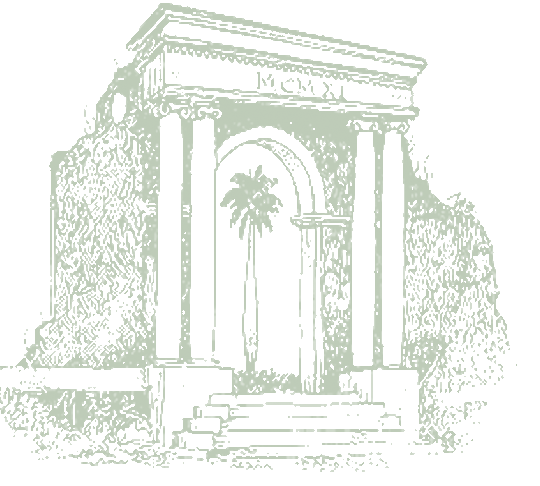GEOLOGICAL OCEANOGRAPHY (CMOG)
Geological oceanography is the study of Earth beneath the oceans. A geological oceanographer studies the topography, structure, and geological processes of the ocean floor to discover how the Earth and oceans were formed and how ongoing processes may change them in the future. Geological oceanography is one of the broadest fields in the Earth Sciences and contains many sub disciplines, including geophysics and plate tectonics, petrology and sedimentation processes, and micropaleontology and stratigraphy. Geological oceanographers study many features of the oceans such as rises and ridges, trenches, seamounts, abyssal hills, the oceanic crust, sedimentation (clastic, chemical, and biological), erosional processes, and seismicity.
Graduate Courses
CMOG 6616. GEOLOGICAL OCEANOGRAPHY (II).Three credit hours. Two hours of lecture and one three-hour laboratory per week. For students not majoring in Geological Oceanography. A review of the basic concepts of geology; geomorphology and structure of the ocean basins and continental shelves; techniques of marine exploration and research; study of the tectonic theories on the origin of marine basins and structural processes; the distribution of sediments, and marine sedimentary processes.
CMOG 8606. COASTAL GEOMORPHOLOGY (II)(On demand). Three credit hours. Two hours of lecture and one three-hour laboratory per week. The origin of coastal features and their relationships with shore problems relative to the basic sciences; presentation of the forces that modify the shores. Discussion and field trips.
CMOG 8618. MARINE GEOLOGY OF THE CARIBBEAN (I, II)(On demand). Four credit hours. Two hours of lecture and two three-hour laboratory periods per week. Prerequisite: 15 credit hours in Geology. Synthesis and analysis of the marine geology of the Caribbean, using published data and cruise information; survey of our present knowledge of bathymetry, and of the structure, sediments and stratigraphy of the Caribbean.
CMOG 8655. MARINE BIOGEOGRAPHY (I, II)
(On demand). Three credit hours. Three hours of lecture per week. The origin, speciation and distribution of marine plants and animals in relation to the physical, chemical and physiological aspects of the ocean, with special emphasis on tropical biota.
CMOG 8675. ADVANCED GEOLOGICAL OCEANOGRAPHY (I, II)(On demand). Three credit hours. Two hours of lecture and one three hour laboratory per week.
A comprehensive review of the geomorphology and structure of the ocean basins; analysis of tectonic theories and structural processes operating in the marine environment; distribution of marine sediments.
CMOG 8706. STRUCTURE OF CORAL REEF.Three credit hours. One hour of lecture and two three-hour laboratories per week. Structure, development, and methods of study of coral reefs. Field trips required.
CMOG 8717. SPECIAL PROBLEMS IN MARINE GEOLOGY (II)(On demand). One to three credit hours. One to three hours of lecture and one three-hour laboratory per week. Supervised study or research on specific aspects in marine geology.
